
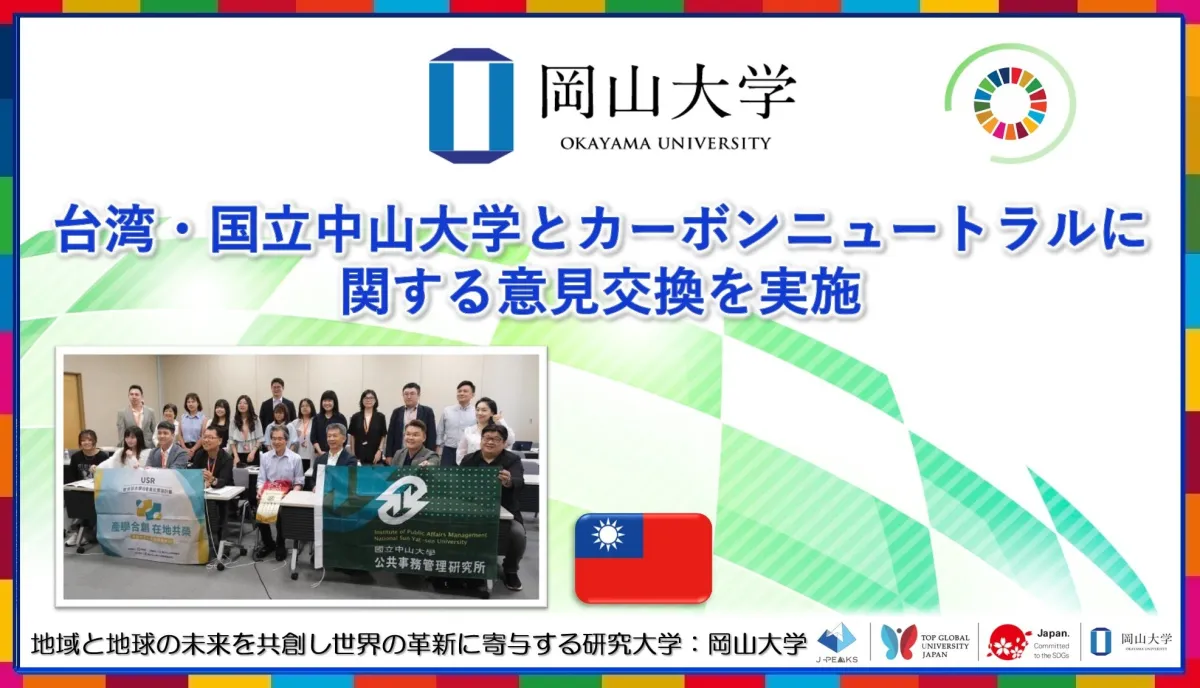
Okayama University and National Sun Yat-sen University Discuss Carbon Neutral Initiatives
Okayama University and National Sun Yat-sen University Collaborate on Carbon Neutrality
On June 19, 2025, Okayama University, located in Okayama, Japan, welcomed a group of 16 graduate students and three faculty members from National Sun Yat-sen University (NSYSU) in Taiwan. This visit was part of NSYSU's University Social Responsibility (USR) program, aimed at fostering collaboration in the field of sustainability and carbon neutrality.
The event was led by Dr. Abe, who oversees the university's digital and green transformation strategies. He introduced Okayama University's commitment to carbon neutrality through various initiatives, including collaborations with municipalities for forestry, wood construction, and continuous education on carbon footprints among students. During the engaging lecture, Dr. Abe highlighted projects facilitated by the university's Green Innovation Center and its partnerships with the city of Maniwa, demonstrating how academia can influence community practices in sustainability.
Following the presentation, a vibrant Q&A session ensued, allowing the visiting scholars to discuss their own methodologies and frameworks in urban development and sustainability. Since the two universities had not previously established a formal exchange agreement, this meeting marked a significant step towards enhancing academic relations and international collaborations.
The involvement of townsfolk and local businesses has positioned Okayama University as a pivotal collaborator in both local and international contexts, aiming for a sustainable future through informed practices and community engagement. As NSYSU researchers specialize in urban engineering and local revitalization, their visit symbolizes a mutual interest in advancing urban sustainability initiatives.
Moreover, the collaboration could pave the way for further exchanges that transcend borders, contributing to the academic landscape in both Japan and Taiwan. The integration of local economic dynamics with academic expertise presents an opportunity for progressive research geared toward achieving carbon neutrality—an vision shared by both universities.
In conclusion, the discussions held during this visit not only reflect ongoing trends toward environmental responsibility in higher education but could also lead to impactful partnerships that support sustainable practices for future generations. As Okayama University continues to be recognized as a distinctive research institution, the expectation is that this collaboration will flourish, further positioning it as a leader in sustainability efforts.
If you're interested in learning more about Okayama University's initiatives, you can explore additional resources, including their Green Innovation Center and SDGs efforts.
Stay tuned for more on this collaboration, and support a greener tomorrow!
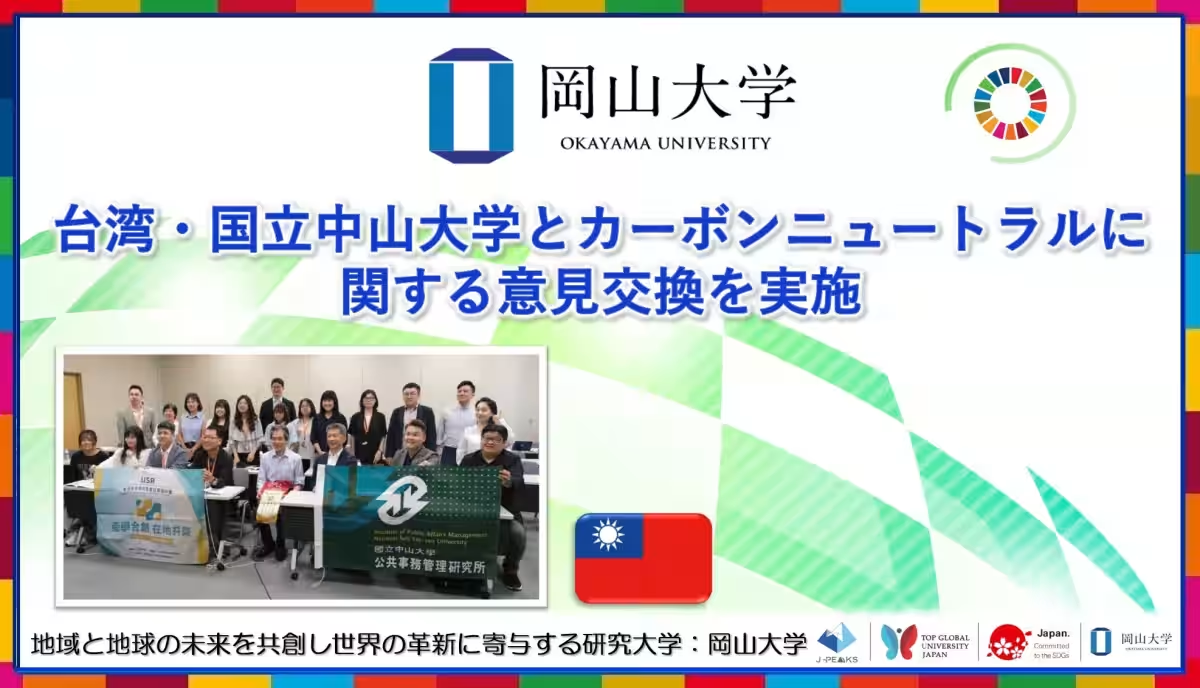
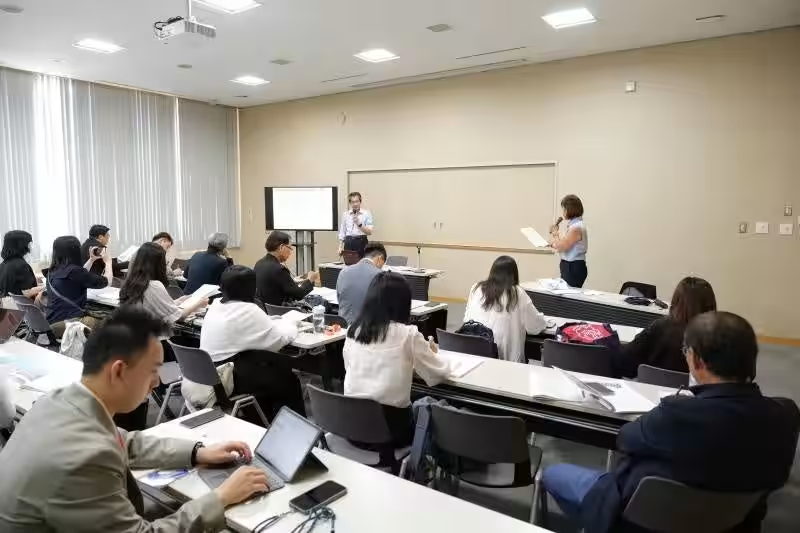
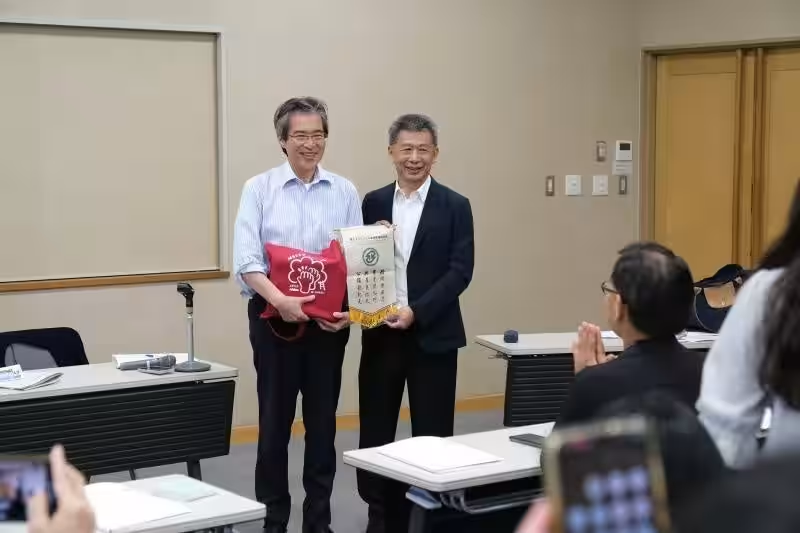
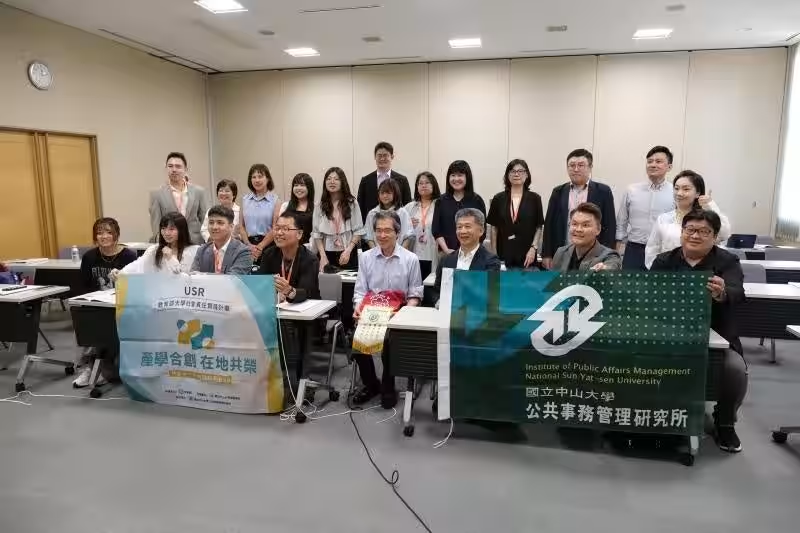
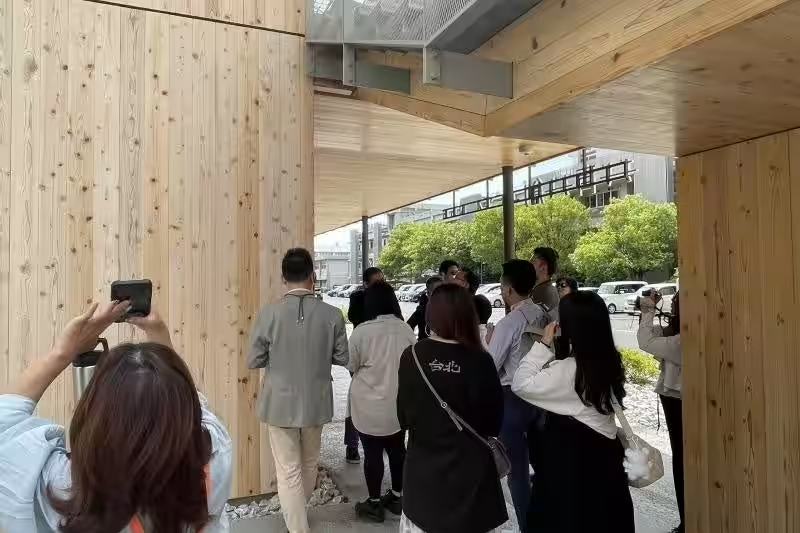
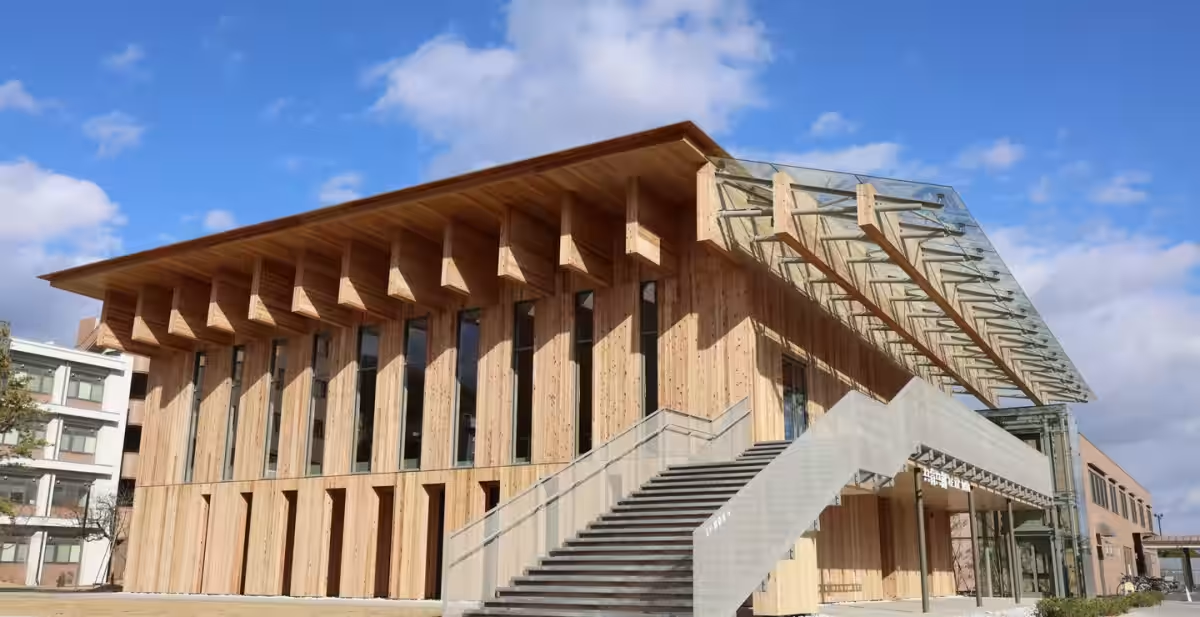

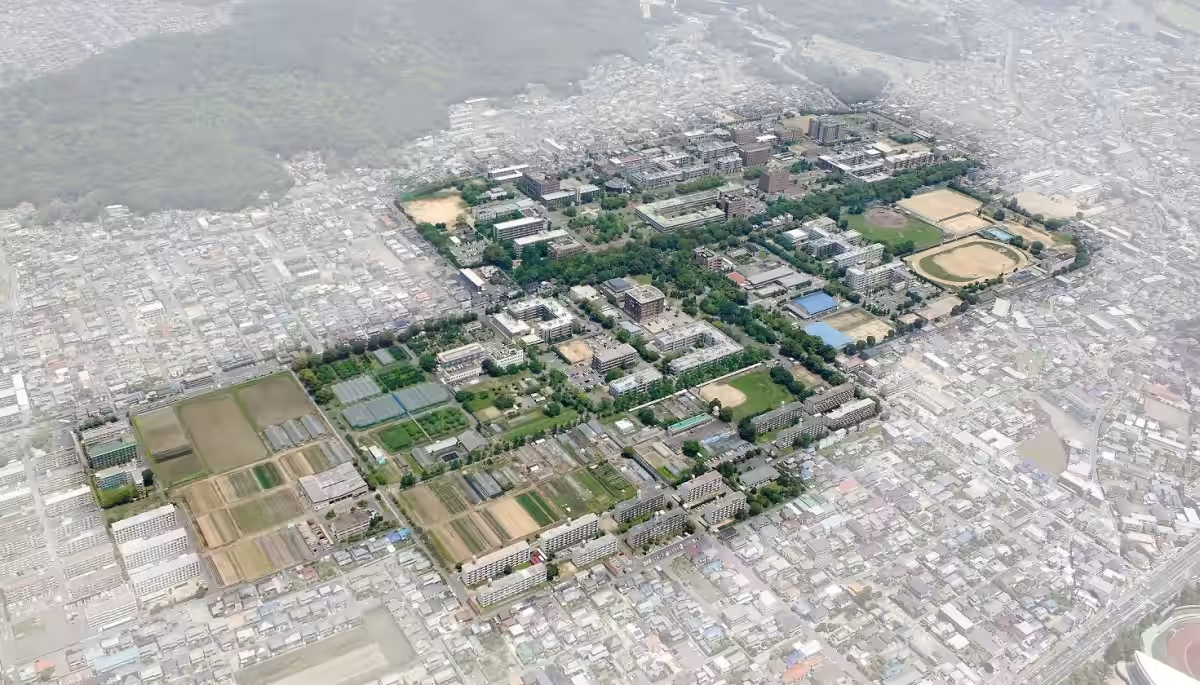
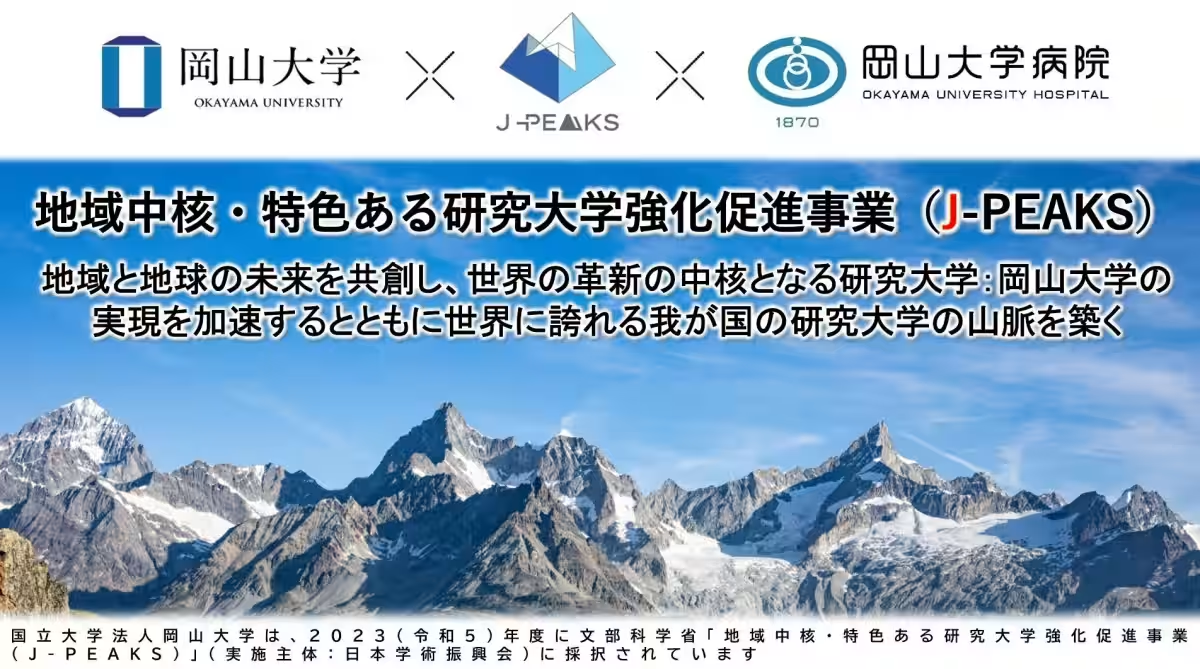
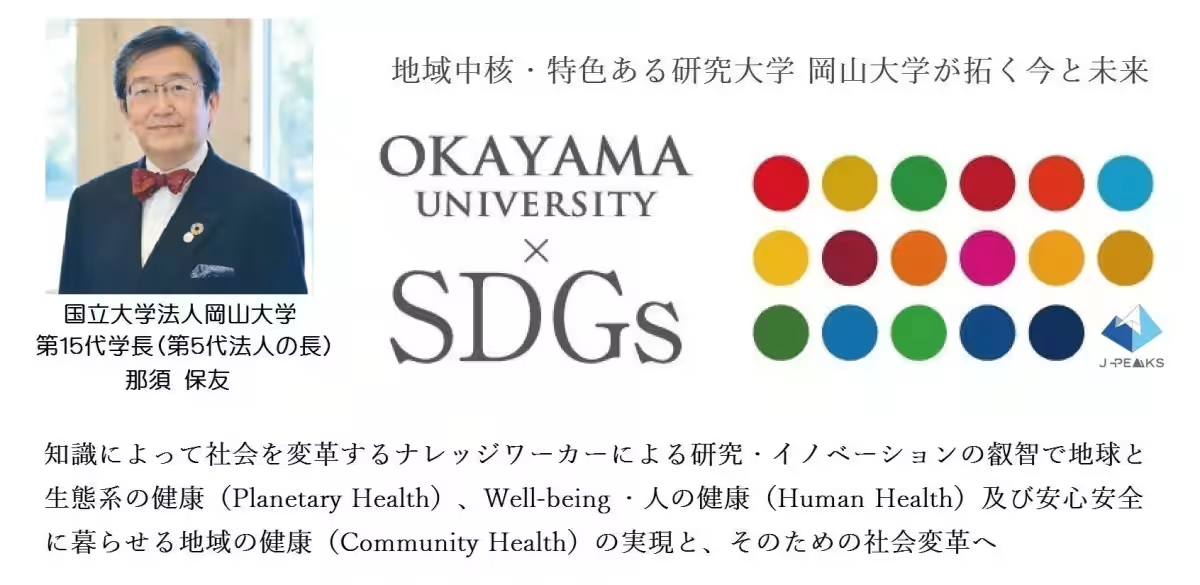

Topics Other)










【About Using Articles】
You can freely use the title and article content by linking to the page where the article is posted.
※ Images cannot be used.
【About Links】
Links are free to use.